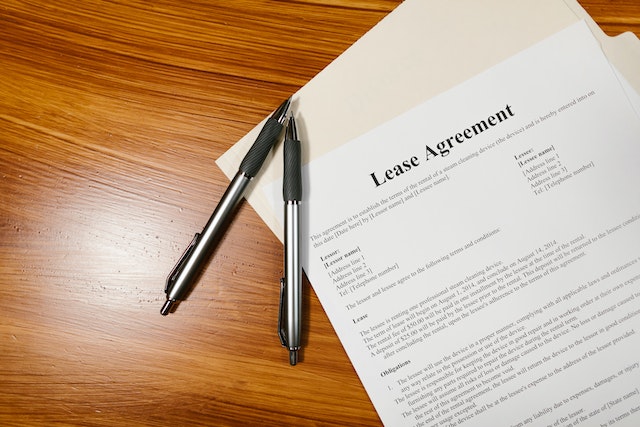
Deciphering Your Lease: Key Elements Business Owners Should Understand

Operating a business is no small feat, requiring attention to a multitude of details that are integral to its smooth functioning. One such critical detail that often goes unnoticed is understanding your lease agreement thoroughly. Particularly for businesses where location plays a pivotal role in success—restaurants, service businesses, retail stores, etc.—comprehensive knowledge of the lease is crucial. Ignoring this can lead to unfavorable consequences, even business failure.
Don’t Let Crucial Points Go Unnoticed
Regardless of the type of business you own, understanding every facet of your lease is essential. You might even need to engage an attorney to help dissect the finer details and interpret the implications. Neglecting this step can pose significant risks to your business.
Understanding the Tenure of Your Lease
The duration of your lease stands as one of the most important elements you need to grasp. Although the specifics may vary based on your situation, typically, the longer the lease, the better. Extended leases confer increased stability to your business operations.
Exit Provisions and Exclusivity Clauses
When negotiating a lease, ensure it includes an exit provision or clause, allowing you the option to terminate the lease if necessary. Just as a longer lease term offers greater flexibility, having an option to exit the lease provides additional security.
A lease isn’t a simple document, nor is your location a simple aspect of your business. If you’re securing a lease in a shopping center or strip mall, try to include an exclusivity clause in your agreement, ensuring you’re the only business of your type in the vicinity. The last thing you want is to have a competitor set up shop nearby.
Lease Transferability
Negotiating a lengthy lease and having an exit clause are critical, but so is the ability to transfer your lease. There may come a time when you need to sell your business, so it’s in your best interest to understand how and under what conditions you can transfer your lease to the new owner.
Before putting your business on the market, discuss the potential sale with your landlord to understand if the lease is transferable. While the landlord can’t prevent the sale of your business, they could hold you to a personal guarantee to maintain the lease for the remainder of the term. The new owner would then be left to negotiate the lease renewal.
Assignment of Responsibilities
Finally, understanding who is responsible for what—between you and the landlord—is another key factor to consider in your lease. If you are expected to shoulder responsibilities related to the property, those should be explicitly stated in the lease.
Running a business involves managing a multitude of variables, one of the most important being your business’s physical location. It’s crucial to understand your lease thoroughly and negotiate terms that are beneficial for you. When signing a new lease, strive to make it as favorable to your business as possible.
